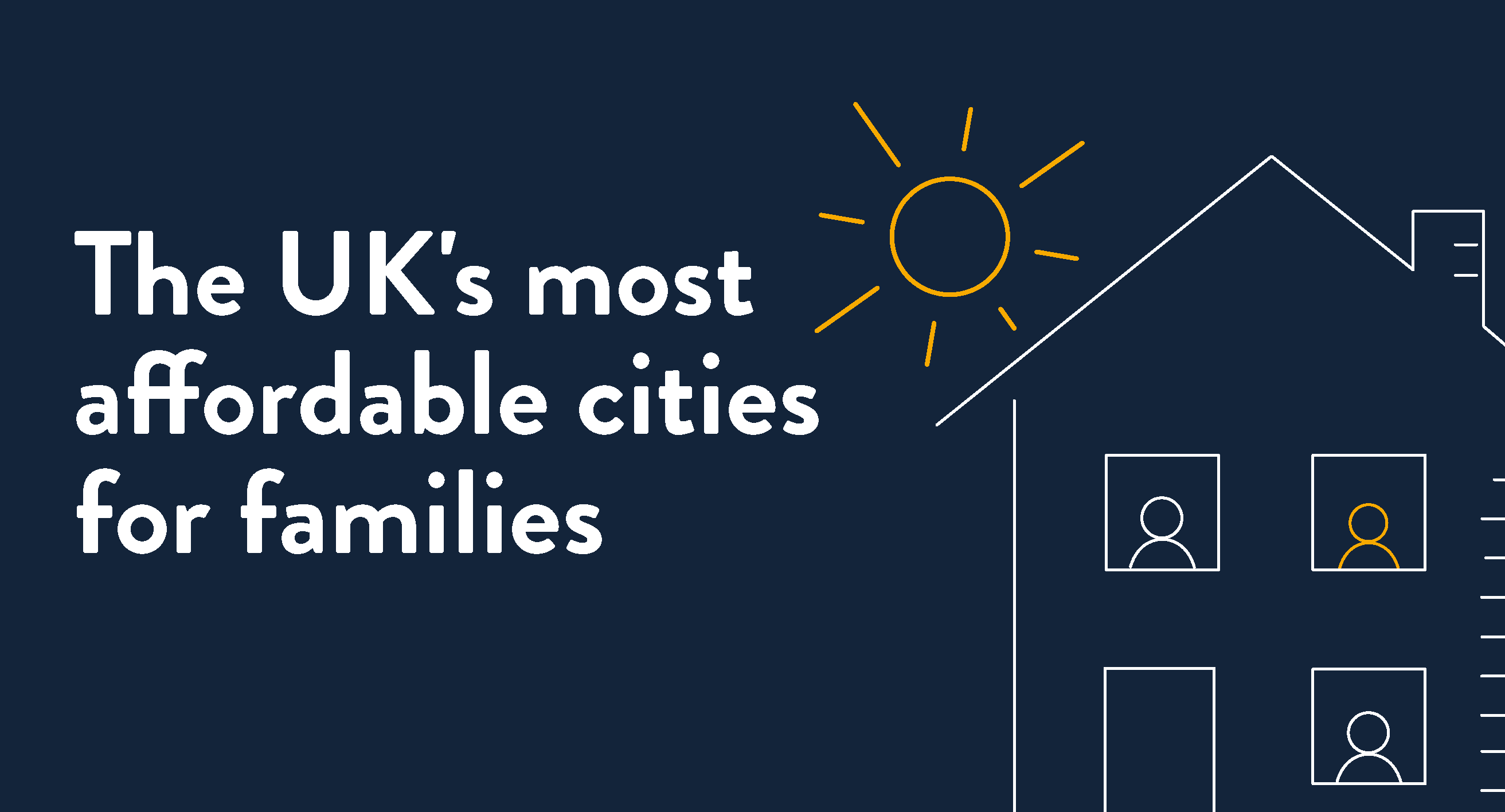
No matter what you earn, organising your household finances is the key to being independent and feeling in control. However, organising household finances seems to be something you’re just expected to figure out as you go through life. How do you do it?
It all starts with a plan
Your first port of call when organising your finances is to make a plan. When it comes to finances, that plan is called a budget. It’s the primary, and perhaps most important, way of becoming financially savvy.
In short, your household budget looks at the money you have coming in (income) and balances it against everything that you need to spend on (expenses). Income will likely include wages or salary, benefits, or other payments to you such as interest. Expenses will include things such as rent or mortgages, bills, cars and the like.
In simple terms, a budget is a sum taking away your expenses from your income. You then know what you have left to spare. This ‘leftover’ is called your disposable income.
Having all of this written down helps you to understand if your finances are realistic, or whether you need to somehow cut your expenses. It can be daunting working this out, but it’s a valuable exercise.
A budget is about awareness and control. It’s also good as you can work out what you need to save to meet different lifetime requirements or desires (such as helping a child through university or going on holiday).
Need some help setting out a budget? Try our handy budget planner tool.
At this point it is also useful to compare different options. For example, perhaps it’s time to switch energy supplier, cancel that gym subscription you never use, or compare different insurance quotations.
Prioritise debt
With a budget laid bare, you can now take an honest appraisal of your debt, if you have any. Your priority should be to pay down debt. All the while you’ve got debt (beyond a mortgage and student loans), you’re likely losing money in interest.
Plan for paying off debts, starting with the ones with the highest interest rate, so that you can focus on financial growth in the future. This includes paying off your overdraft as this could be incurring you hefty fees. Adjust your lifestyle, as necessary, to finance your lifestyle without being pulled back in to debt and overdrafts.
If your debt feels overwhelming, contact Step Change for potentially free debt advice.
Think about savings
Now that you have a budget in hand and debt under control, you want to think about savings. By viewing savings as fixed outgoings, they quickly become second nature and therefore build more efficiently. It’s good practice to start by saving for a rainy day. Realistically, you need to have 3-6 months of your income in liquid savings in case of the unexpected.
Different savings accounts suit different types of savings. For example, if you’re considering saving for your child’s future, then a Junior ISA is a sensible choice. If you’re saving for your next holiday, you may do better to use an instant saver account.
What you need to think about is how long you are saving for. Knowing this will help you choose the right savings or investment products.
Create healthy financial habits
Being in control of your household finances largely requires a proactive and habitual approach to them.
This is particularly true for bills. Get in the habit of paying your bills on time. For many bills you may be able to set up Direct Debits so that this happens automatically. If you’re in the habit of paying on time then you won’t risk penalty charges. By using a Direct Debit, you may also find them easier to budget for.
Cross check bills payments and direct debits each month with your bank statement, making sure they match up with your budget.
Different households work differently. However, it’s all about finding the right financial habits for you. You may do well to have several different accounts which, when your income comes in, you split out to the different ‘pots’. This helps you keep track of spending and making sure you have the right amount for what you need without overspending in another area. You may do well using spreadsheets, or even a good old-fashioned note pad.
Think about the future
A huge part of organising your household finances is to think about the future, not just the here and now. This means that part of your financial organisation should centre around things such as retirement income and insurances.
Whilst taking out insurances and making retirement provisions ‘cost’ money now, they provide financial security and can be very worthwhile in the long run. This is difficult, because they largely involve thinking about what will happen if the worst happens, but planning ahead brings peace of mind. For example, consider the question: “what would happen to my family if I was too ill to work?” and then consider Income Protection or critical illness cover.
Shop around for life insurance and other policies in the same way you shop around for utilities.
Think about the paperwork
Managing your household finances requires being in control of all the associated paperwork. It therefore makes sense to use filing systems which work for you, dividing things based on type. This way, documents are to hand when you need them.
Banks offer paperless statements, where you can log-in to your online account and view any statements. If your computer-savvy, this could be a much easier way to keep track of your paperwork and make sure nothing goes missing.
It is also worth keeping all receipts and ticking these off against your bank statement once a month. This way you can quickly spot fraud or errors. Online banking can really help with this.
Get everyone on board
Once you’ve put in place all the steps above, it’s essential to make sure that every individual in the household is working towards the same goals. Everyone needs to work together to stick to the budget, filing habits and everything to do with organising the finances.
Getting your household finances organised puts you back in the driving seat and helps you achieve peace of mind.


